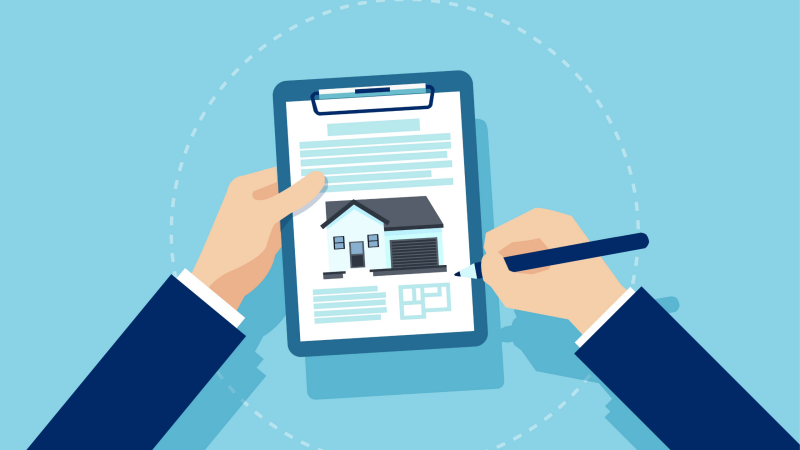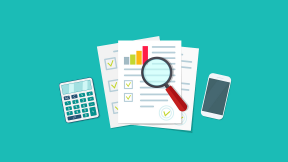Does breaking a lease affect your credit?

Life happens, and sometimes we have to make unpredictable changes or shifts in our lives. This could include breaking a lease and living somewhere new. A lease is a contract, so like any other agreement, there may be consequences when you break it before the termination date.
If you pay your rent with your credit card and you pay your credit card on time, it’s likely that there won’t be an impact on your credit score. If you pay your rent with a credit card and don't pay your credit card, there is impact. It is no different than any other type of purchase.
All in all, the breaking of the lease itself won't hurt your credit, but the late payment of your credit card balance will.
If you are considering breaking your lease and are concerned about the possible consequences, you may want to become aware of what might happen next. Fortunately, if you’re financially responsible and follow your lease agreement, breaking a lease shouldn’t have any effect on your credit. Let’s go into more detail below.
What happens if you break a lease?
Breaking a lease may involve an early termination fee and/or other penalties such as paying a month in rent or giving up your security deposit. That’s why it’s important to review your leasing agreement to see the specific clauses related to early termination. Keep in mind that there may be laws around this too, and certain rules may vary depending on the state you live in.
Be sure to check the precise language in your lease and agreement — the penalties for breaking it should be clearly written there. What’s more, you may also want to reach out to your landlord or management company to attempt a negotiation.
Can breaking a lease affect your credit?
Like so many other aspects of credit, how you handle your financial obligations like a lease may have an impact on your credit score one way or the other. For example, if you decide to break your lease but you abide by the terms provided in the contract for early termination, such as paying a certain amount of rent or fees, your credit should not be affected.
However, if you use your credit card to pay rent and you are unable to pay your balance or forget to pay additional required fees, your landlord could have a third-party collections agency involved to try to obtain the amount you owe. This could impact your credit score, because you are directly affecting your payment history. Hence, you can hurt your score by receiving derogatory remarks, such as late payments or collections, which appear on your credit report and can remain there for up to seven years or more.
If over a long period of time you have been unable to make rental payments, the last step in the process of obtaining the rent could be through a potential wage garnishment. This means a portion of your paycheck will be automatically allocated to repay your debts to the landlord or leasing company. Beware that a wage garnishment is a court order. Note that this can happen whatever your payment method is.
Remember, if you’re worried about your credit score, you can regularly check it for free when you enroll in Chase Credit Journey®. This free online tool, available for non-Chase cardmembers, offers resources for how to improve your credit score.
How to break a lease without hurting your credit
To break your lease without hurting your credit, here are a few tips you may want to follow. These include:
- Have clear understanding of your lease agreement. Be sure to review the terms of the lease and what could happen in case of early termination so you can prepare for any applicable payments/fees.
- Educate yourself on your legal rights. There may be a justifiable, legal reason for breaking a lease (for example, poor environmental conditions or needing to move a certain distance away) that could allow you to negotiate certain terms.
- Find a replacement/sublet if possible to help your landlord or leasing company. The sooner you have a replacement, the sooner you might be moving on to your new place after a probably better negotiation with your landlord or leasing company. Some states like Illinois allow you to control the subleasing process. Essentially, if you can sublet the apartment and get the new tenant to take over your lease, you are not breaking the lease but rather subletting. Be sure to review your state’s specific laws online for more details and make sure that subletting is legal in your location.
Maintaining good credit after breaking your lease
If you’re in good standing with your landlord and also comply with the terms agreed on early termination in your lease, such as paying penalty fees, your credit score shouldn’t be affected.
On the contrary, if breaking your lease results in early termination fees and additional rental payments that you are unable to pay for, this could have a negative impact to your credit score. You may want to look into ways to repay your debts as soon as possible to help restore your payment history. What’s more, these debts could end up in collections agencies or wage garnishments that could impact your credit even more. You should also be monitoring your credit score and credit report to keep an eye on your overall financial activity and other factors contributing to your score.
When you enroll in credit monitoring alerts through Credit Journey®, you’ll be able to keep a closer eye on your credit and make adjustments as needed to help improve your score over time.
In summary
Whether you’re making your next move for a job, relationship, a change of scenery or because of financial circumstances, breaking your lease may be necessary to achieve the kind of life you want for yourself.
However, make sure you are fully prepared for the possible consequences of breaking a lease. Familiarize yourself with the language in your contract and take a moment to look into your state law to confirm if subletting is legal in your location.
Lastly, if you do have to pay fines for breaking your lease, make sure you pay these fees on time to avoid negatively impacting your credit score.



